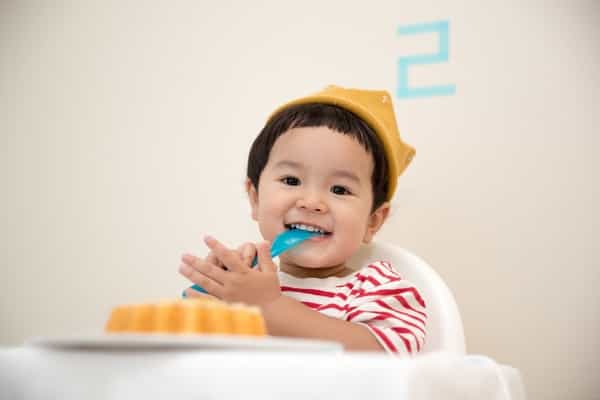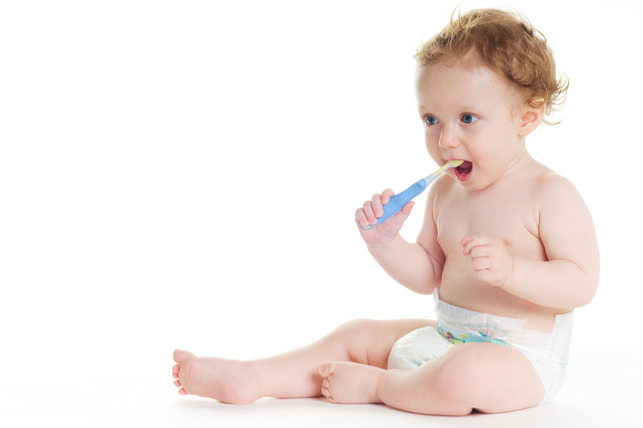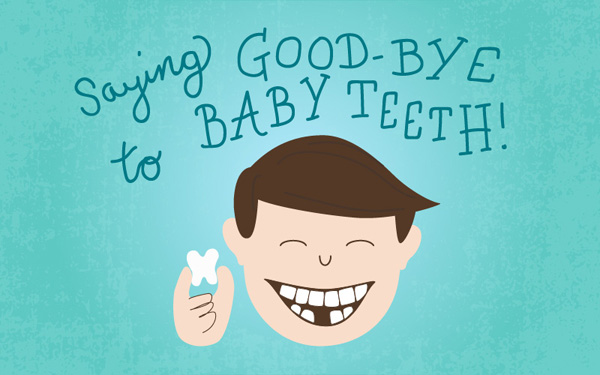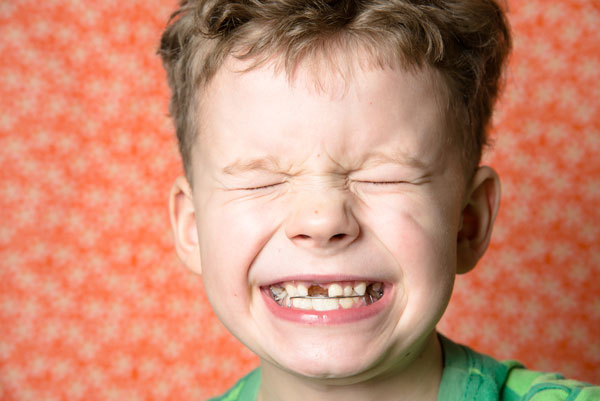Baby teeth play an important role in helping children develop healthy smiles that grow with them. Here’s five important facts about baby teeth that parents need to know to help their children keep their baby teeth healthy and strong.
1 – Baby Tooth Enamel is Hard, but Vulnerable
Tooth enamel is the hardest substance in the human body, yet it is always under constant attack by sugar, acid and external forces. You can help keep your child’s tooth enamel strong by giving them more water, which helps rinse teeth clean of harmful bacteria and acids. Additionally, limit sugar and sugary beverages in their diet to help give their enamel a break. Make sure to brush twice a day for two minutes and floss at least once a day.
2 – Baby Teeth help Set up a Healthy Bite
Baby teeth play a critical role in developing a healthy and aligned adolescent and adult bite. If a baby tooth is lost too soon, it can lead to teeth crowding the vacant spot, which can cause bite alignment problems.
3 – Baby Teeth Need Proper Nutrition
The proper diet can go a long way in helping your child maintain a health smile. When shopping for food, try to add more fruits and vegetables that are rich in nutrients and fiber. High fiber foods scrub teeth and keep them clean of food debris and damaging sugar, which can lead to tooth decay and cavities. Adding more magnesium and calcium to your child’s diet can strengthen their tooth enamel, and help prevent cavities.
4 – Baby Teeth CAN be Lost Too Early
Usually, natural tooth loss begins around age 6, and concludes around age 12. If your child loses a tooth before then, schedule a visit with our office so that we can take the appropriate actions for the health of their smile.
Does Your Family have a Dental Home?
The American Academy of Pediatric Dentistry recommends that you establish a dental home for your children by their first birthday. This helps you get a dental health plan that works for their smile, and helps them get more comfortable with oral healthcare at an early age.




 When we think of healthy alternatives to soda and other sugary drinks, its often common to look to fruit juice as a healthy alternative. Generally high in essential vitamins, fruit juice can be a much better choice than other beverages. Unfortunately, it can also be one of the worst offenders. The sugars and citric acid found in most fruit juices cause double trouble for teeth, and can lead to tooth decay at an early age.
When we think of healthy alternatives to soda and other sugary drinks, its often common to look to fruit juice as a healthy alternative. Generally high in essential vitamins, fruit juice can be a much better choice than other beverages. Unfortunately, it can also be one of the worst offenders. The sugars and citric acid found in most fruit juices cause double trouble for teeth, and can lead to tooth decay at an early age.


